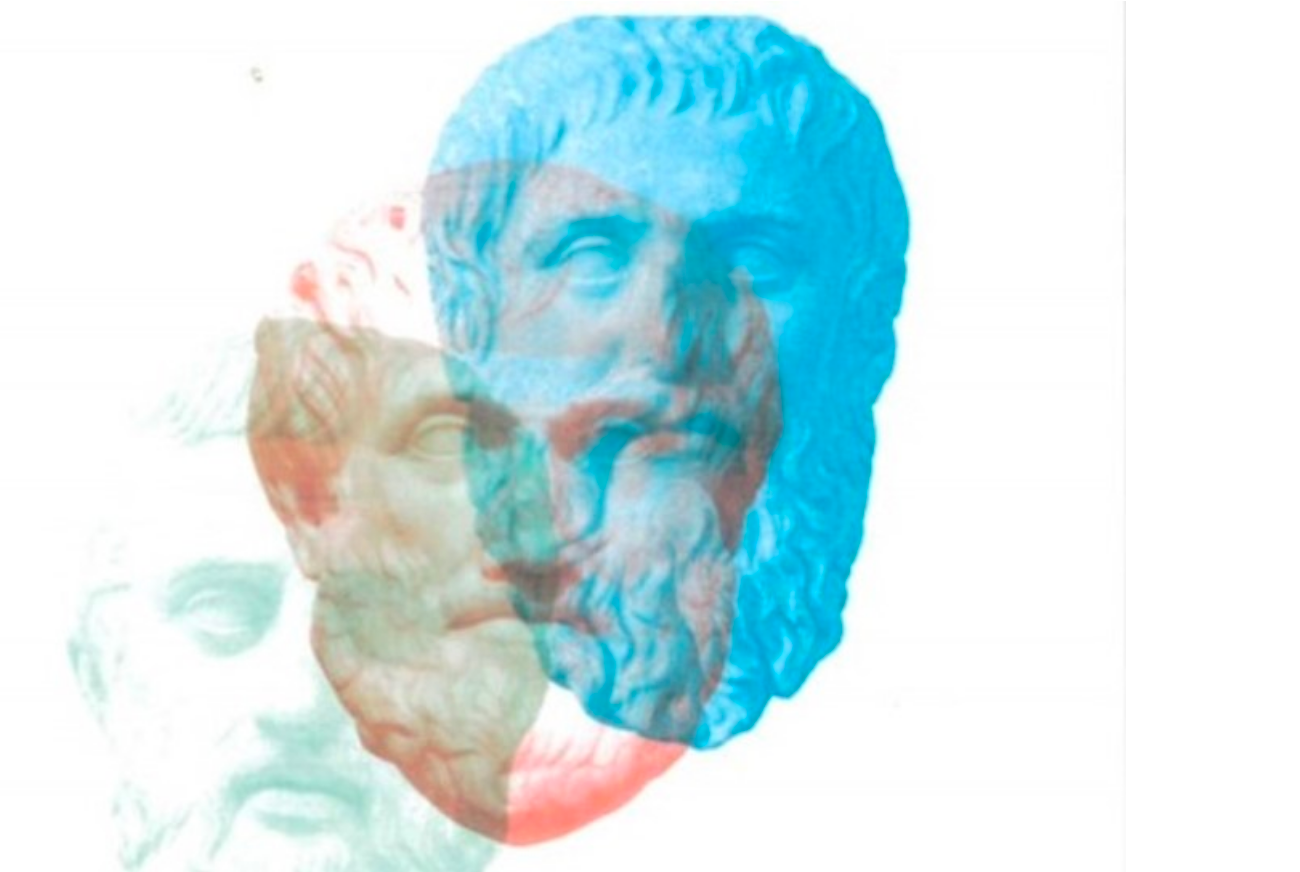Harvey Yunis has been teaching Rice students about ancient Greece since 1987. For the first time in more than 10 years, he's teaching a class on Greek tragedy, introducing a new generation of students to classical Greek literature and the ways these iconic works influence our society today.
Inspiration for the class comes from the timeless and influential nature of Greek tragedy. Not only do works of modern fiction draw from these classics, but the classics themselves are being constantly renewed on stages and screens. (Think of "Elektra," with music by Richard Strauss, staged in 2018 by the Houston Grand Opera.) Although only 30 or so of these texts have survived intact, their stories have inspired countless adaptations and introduced quintessential tropes, motifs and literary devices into Western culture.
"Tragedy originally meant the theatrical production of a certain kind of play," said Harvey Yunis. "Now we use the word to refer to bad things that happen in life. There's obviously a connection between tragedy, drama and life."
Students read one or two major works per week in preparation for class discussions led by Yunis. "I want [them] to learn to read closely and understand difficult texts ... to talk about them informatively, authoratively, spontaneously and creatively," Yunis said. He gives context to the tragedies and helps his students develop a better understanding of plots, characters and shared motifs.
Yunis' teaching style reflects his desire to both instruct students and help them learn to think critically and independently. "If we have a question during our lecture, not only does he answer the question, but he has all of us jump in," explained Sam Fowler, a McMurtry College sophomore. "Treating Greek tragedy as he does, there's not just one way of looking at each work. Everyone has different opinions, and he respects that while also not being afraid to tell you if you're way off the mark or even entirely wrong."
Interpretations of Greek tragedies are as numerous as those who have read them throughout the ages. Yet, as Yunis shows the students in his class, many aspects of these works appeal to everyone. As Aristotle wrote in the "Poetics," history may accurately depict the particular, but poetry tends to express the universal - and it is there that we find the reason behind Greek tragedy's timeless allure. - MARIANA NAJERA '21
CLAS 302
Greek Tragedy
DEPARTMENT
Classical and European Studies
DESCRIPTION
Students read tragedies by Aeschylus, Sophocles and Euripides as well as criticism of tragedy by Aristophanes, Plato and Aristotle. They learn how ancient tragedies were staged, how they influenced later dramatic arts and how they continue to stimulate thinking about the human situation.

